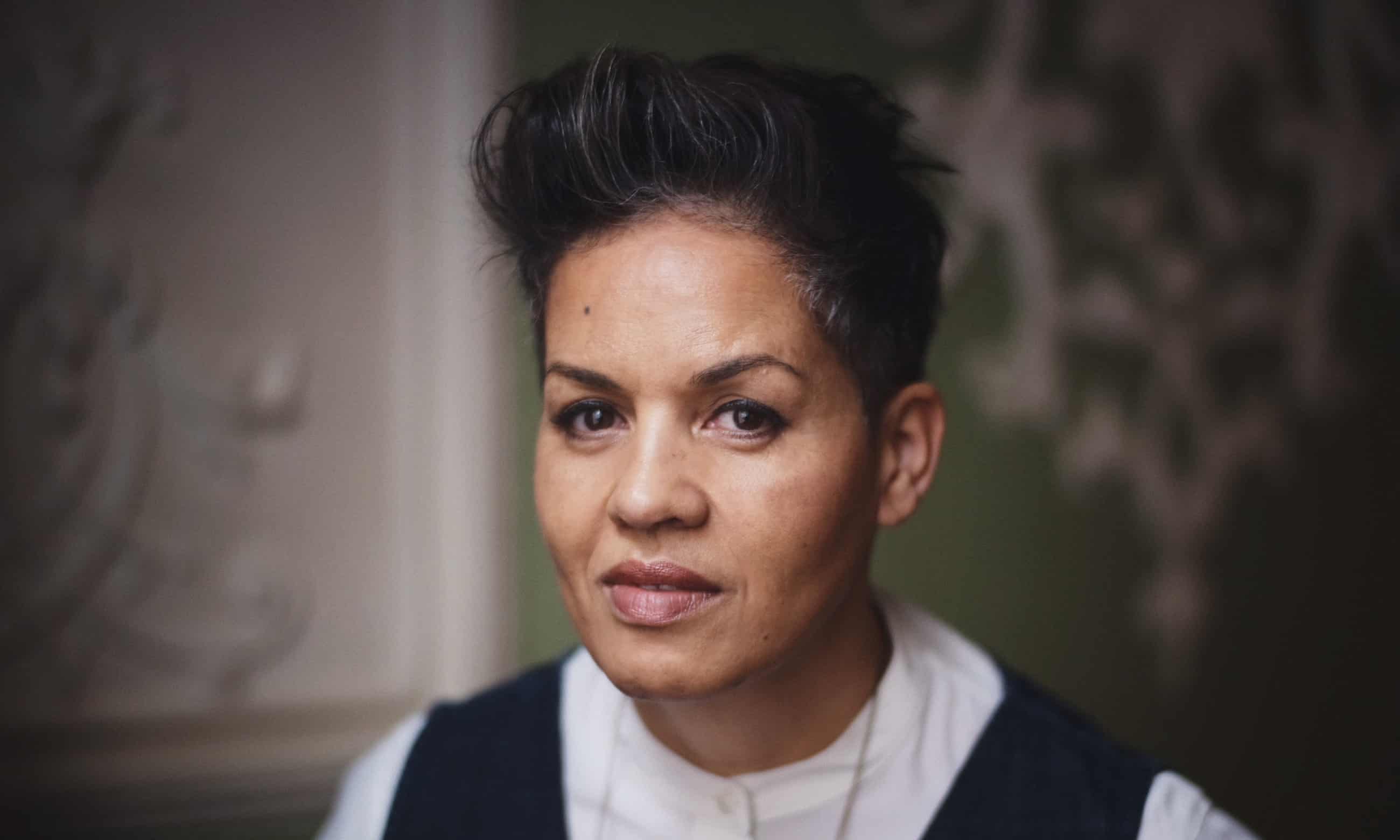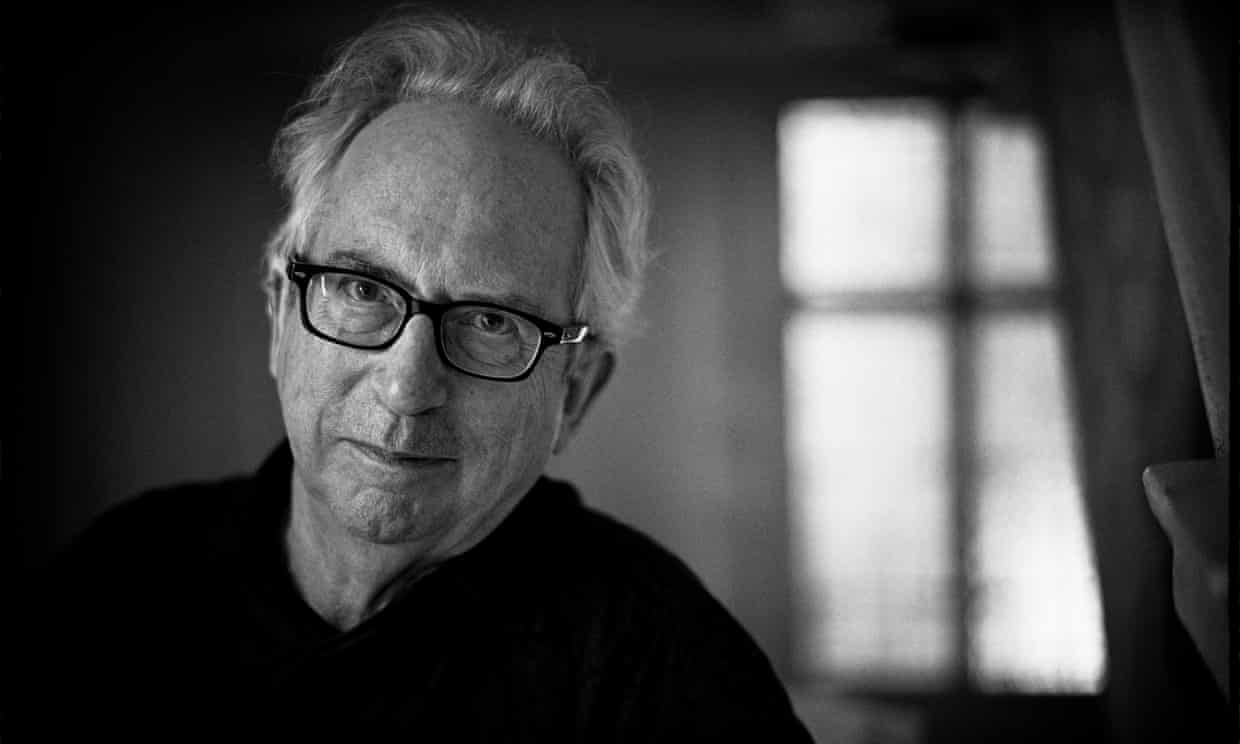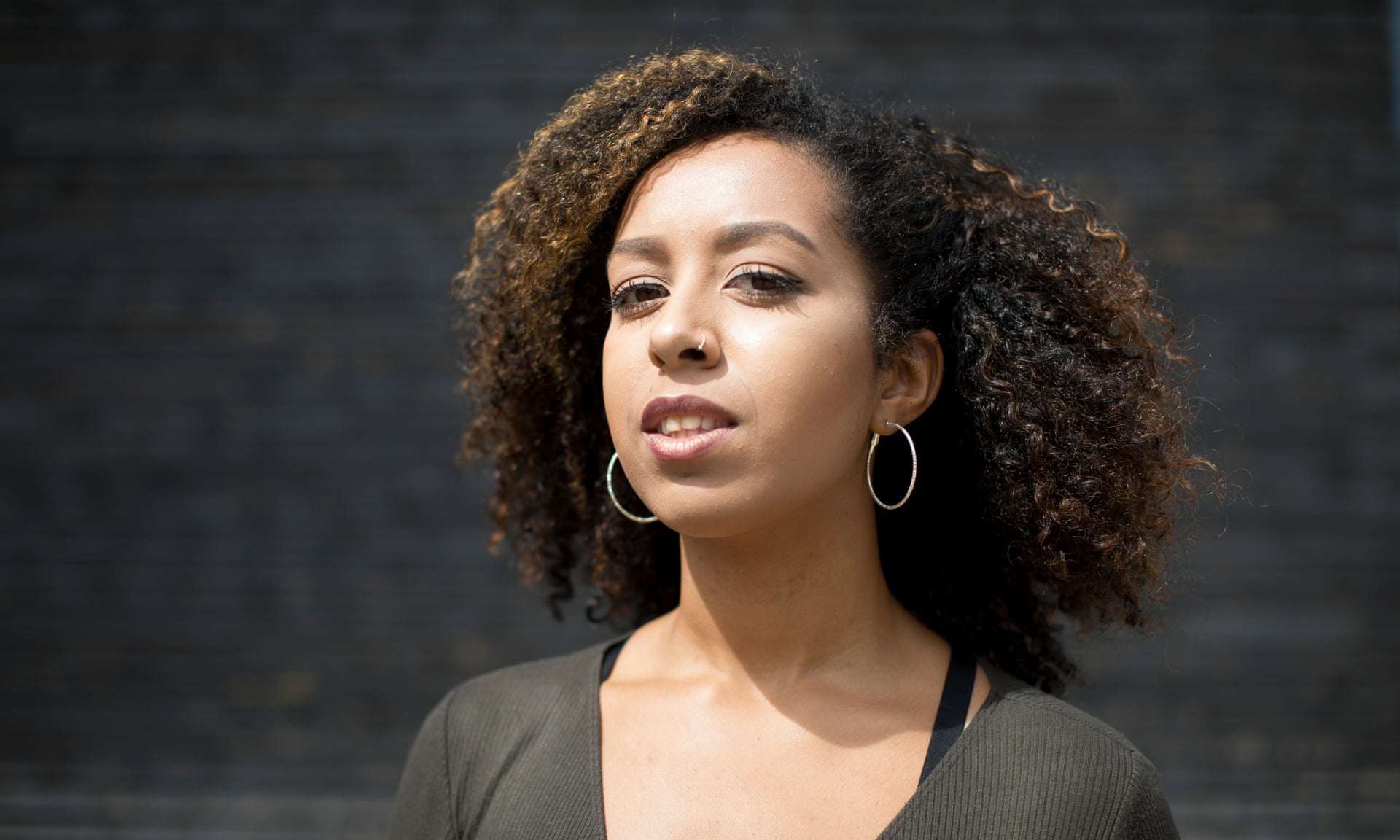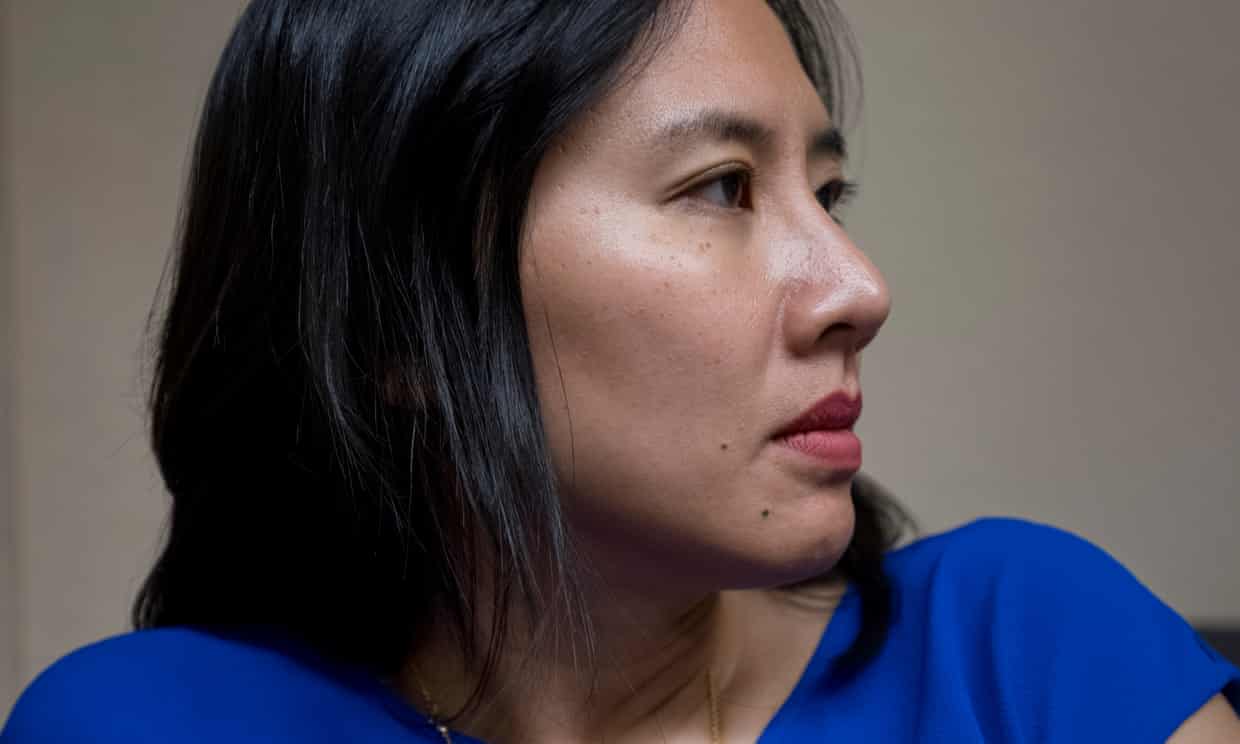Akala: ‘As I grew up, I became embarrassed by my mother’s whiteness’Posted in Articles, Autobiography, Family/Parenting, Media Archive, United Kingdom on 2018-05-27 20:13Z by Steven |
Akala: ‘As I grew up, I became embarrassed by my mother’s whiteness’
The Guardian
2018-05-26
Akala (Kingslee James Daley)
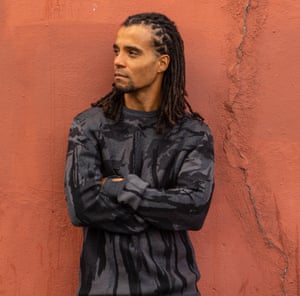 Akala: ‘From that day, my relationship with my mother was not just that of mother and son, but of a white mother to a black son.’ Photograph: Antonio Olmos for the Guardian |
At five, the hip-hop poet was racially abused at school. Could his mother ever really understand?
One day in 1988, at the age of five, I returned home from school upset. My mum tried to work out why but I was reluctant to tell her. After some coaxing, I told her that a boy in the playground had called me a particularly nasty name. As I was about to spill the beans, a strange thing occurred. I said, “Mum, the white boy… ” and trailed off before I could complete the sentence. A profound realisation hit me. With a hint of terror and accusation, I said, “But you’re white, aren’t you, Mummy?”
Before this, my mum was just my mum, a flawless superhero, as any loving parent is in a five-year-old’s eyes. I sensed that something about that image was changing in the moment, something we could never take back. I wanted to un-ask the question. My mother’s expression was halfway between shock and resignation: she’d known this day would come, but the directness of the question still took her aback.
She thought for a moment and then, using one of her brilliant if unintentional psychological masterstrokes, replied something to the effect of: “Yes, I’m white, but I’m German and they’re English.” It didn’t matter that my mum was not really German – she was born in Germany but brought up in Hong Kong – or that I was technically English: my mum had created a safety valve for me, so that I could feel comfortable reporting racist abuse to her without having to worry that I was hurting her feelings. Even at five, I knew instinctively that whiteness, like all systems of power, preferred not to be interrogated…
Read the entire article here.


